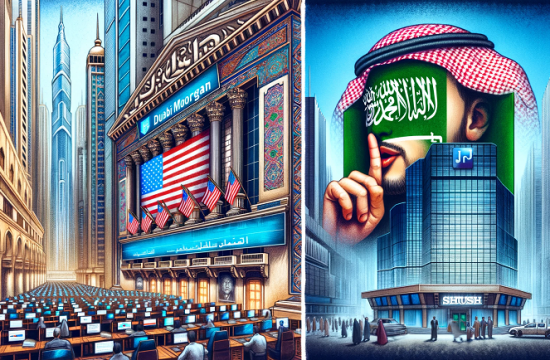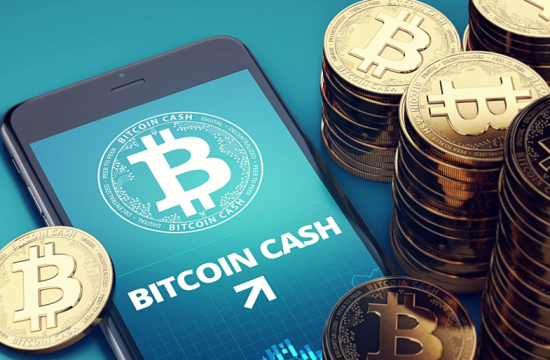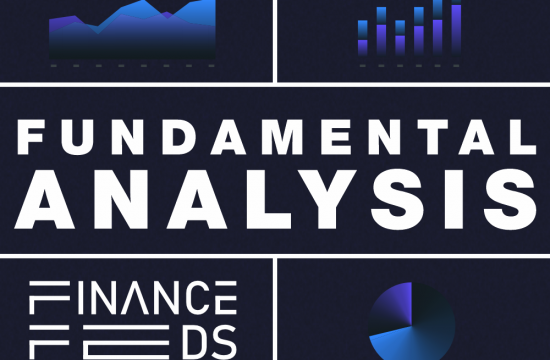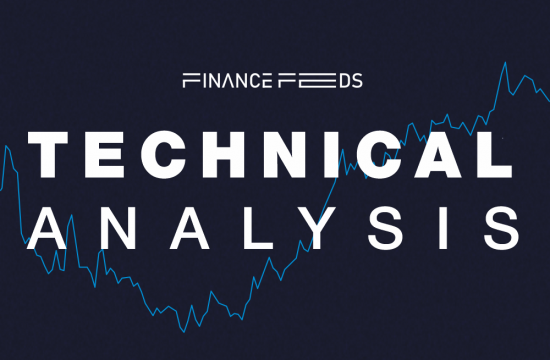The Non-fungible token (NFT) ecosystem took the crypto market by a wave to record over $23 billion in sales throughout 2021. Dating back to the Crypto Kitties era, this fast-rising crypto niche has introduced a new gaming model ‘play-to-earn’ where gamers can engage in immersive experiences and make a living at the same time.
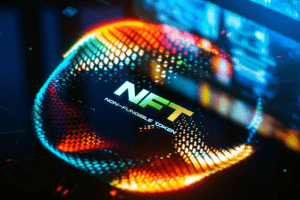
So, what is the history of NFTs and the decentralized gaming economy? Built on blockchain technology, NFTs first took off in 2017 following the launch of Crypto Kitties on Ethereum network. This pioneer play-to-earn game set the stage for creators and gaming enthusiasts to generate value from unique on-chain assets, including in-game items.
The second phase of NFTs was marked by the debut of pixel generated art, with notable collections such as the Bored Ape Yacht Club (BAYC) and Crypto Punks gaining a massive traction from the crypto community and stakeholders in the entertainment industry. As of press time, the floor price of one BAYC stands at 107 ETH (roughly $324,210), ranking as the most valuable NFT collection.
With that brief history, let’s take a deep dive into the future of this promising ecosystem. Long gone are the days when investors had to speculate on the price of NFT collections to increase their wealth; innovators are now leveraging NFTs to build Web 3.0 infrastructures that have a fundamental value. Most notably, NFT projects are merging with the metaverse to feature digital ecosystems where users can live virtually and participate in on-chain activities.
The next section of this article will highlight some of the NFT projects are going the extra mile to shape the future of virtual worlds;
1. Bullieverse
Bullieverse is an open metaverse platform designed for prospective Web 3.0 citizens. This ecosystem features a scalable and secure DApp development platform that is compatible with Ethereum and Polygon blockchain. In addition, Bullieverse leverages the Unreal gaming software, enabling NFT game developers to create 3D-oriented games based on the play-to-earn model.
While this metaverse platform is still in its infant stages, the project is set to evolve into a fully community-driven (DAO-governed) ecosystem. According to the roadmap, the transition to a DAO metaverse will be facilitated by the native Bull tokens, which will act as the incentive tool for developers and gamers on Bullieverse. This shift will only scale NFT gaming developments but create an avenue for Bullieverse citizens to earn an income by selling in-game items.
2. Silks
Silks is the first play-to-earn derivative metaverse. Launched in June 2021 by the CEO of Tropical Racing Troy Levy and 5X technology startup entrepreneur Dan Nissanoff, Silks introduces NFTs whose underlying value is determined by real-life racing horses. Investors can purchase a fraction of the ‘horses’, giving them a similar exposure to heavyweight players in the horse racing industry.
Silks follows a DAO-governed model powered by its native token $SLK. This non-inflationary fungible governance token allows holders to vote on developments and other issues that affect the future of Silks’ metaverse. The $SLK token will also be used to incentivize miners who verify the accuracy of the on-chain data attributed to the exact condition of the racing horses. Simply put, this metaverse project features a fractionalized and decentralized horse racing market.
3. Monkey Kingdom
Monkey Kingdom is another NFT project that is moving away from the ‘JPEG’ norm; this Asia-based NFT innovation comprises two NFT collections built on the Solana blockchain (2222 randomly generated Wukongs and 2221 Diamond Baepes). Players can breed either of these collections to be eligible for in-game incentives, alongside an opportunity to sell them on Solana NFT marketplaces.
It is also noteworthy that Monkey Kingdom recently dropped the $PEACH token to Wukong and Diamond Baepes NFT holders as part of celebrating the Lunar new year. Following this milestone, users on Monkey Kingdom can breed a combination of Wukong, Diamond Baepes and the Magic Peach to unlock a higher level (Gen 3) whose advanced utilities will be revealed soon.
4. Banger Games
Banger Games is a play-to-earn ecosystem which aims to unify the NFT gaming economy into a one-stop shop. The platform features a complete in-game ecosystem that allows users to earn Banger Coin and XP rewards for completing custom objectives. Additionally, one can compete in the Banger Games smart tournaments or support the network’s P2P mining for more significant rewards.
This NFT platform also has a strong backing given the team’s experience in gaming development, not to mention they recently raised $10 million from several crypto VCs, including Avalanche, Poolz Ventures, Shima Capital and GSR. Most importantly, Banger Games introduces a more actionable p2e experience compared to the likes of Axie Infinity and Crypto Kitties.
“One of the most important things you need to know about Banger is that we are gamers ourselves, which is why we deeply identify with this sense of rejection towards the play-to-earn rules,” noted a medium blog from Banger Games.
5. BitsCrunch
The growth of the NFT market has not been a bed of roses, scammers and wash traders have infiltrated this burgeoning ecosystem. Well, thanks to BitsCrunch, it is now possible to get real-time NFT data to avoid the looming pitfalls. At the core, BitsCrunch offers NFT users with vital analytical data for decision making. The platform features four key services namely; UnleashNFTs, Product Scour, Product Liquify and Product Crunch DaVinci.
UnleashNFTs mimics the likes of Coingecko and Coinmarketcap to provide real-time tracking on NFT data. On the other hand, Product Scour and Product Liquify enable wash trading detection and NFT fair price estimation, respectively. Last but not least, Product Crunch DaVinci leverages advanced AI models to detect NFT forgeries.
Final Thoughts
As highlighted through the mentioned NFT projects, this industry is growing into a more usable ecosystem. The trend has also caught up with traditional game publishers such as Ubisoft and Activision Blizzard which are in the process of integrating Web 3.0 gaming infrastructures. While it may take some years before a complete overhaul, it would be catastrophic for any tech-savvy individual to ignore the developments in the NFT space.







